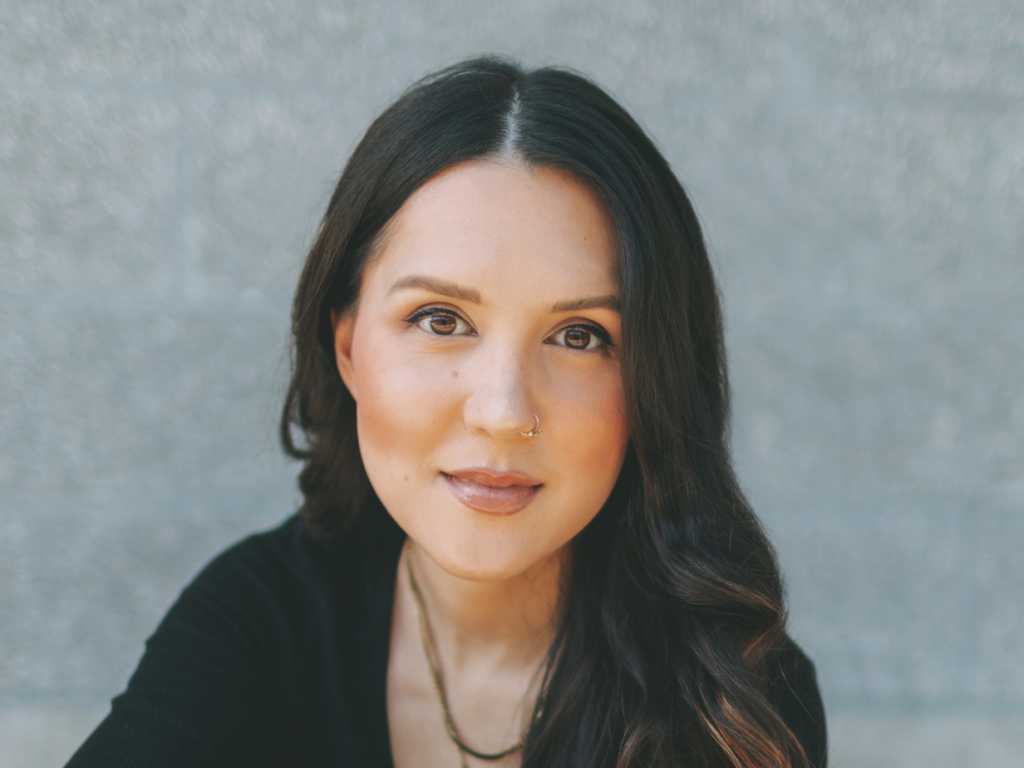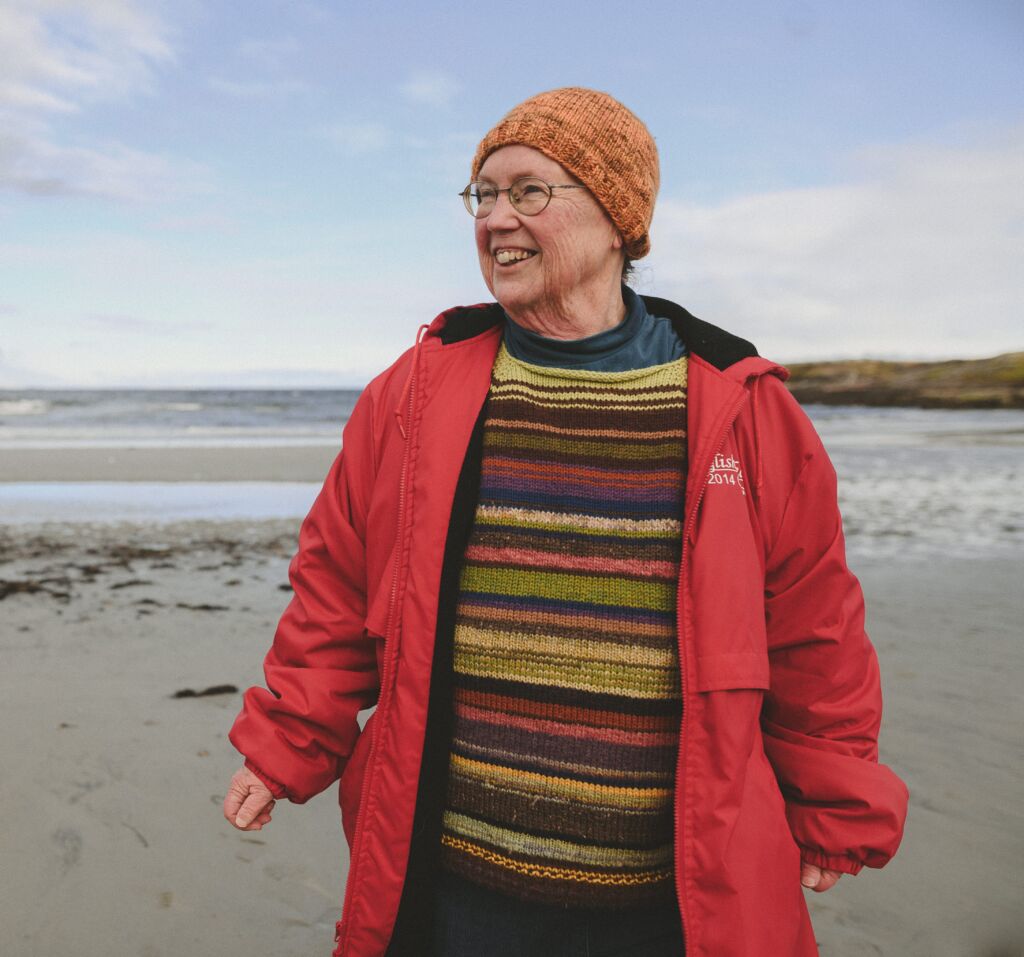Embodiment as spiritual practice
Your Body is a Revolution: Healing Our Relationship with Our Bodies, Each Other, and the Earth
by Tara Teng
Toronto: Dundurn Press, 2023
$23.99 / 9781459752863
Reviewed by Wendy Burton
*

Your Body is a Revolution is Tara Teng’s debut book. She opens with an invocation “To those who long to feel liberation in their bodies.” Promotional material mentions she is a former Miss Canada who refused to participate in the mandatory swimsuit section of the competition. Teng tells the reader this book is not for every body. It is a book for those who are “too much.” A wary reader will, within a few pages, find resonance examples of too much: too loud, too tall, too fat, too brown, too….
Tara Teng is an Embodiment Coach living in BC and working mainly online. Her website advertises she “helps people find their way back to their bodies, overcome shame, heal trauma and dismantle purity culture.” She acknowledges she is a lapsed or reformed Christian, raised in a Christian family in the Fraser Valley, British Columbia. She completed her undergraduate degree in education at Trinity Western University. Teng is an Ambassador for One TWU, a coalition of LGBTQIA2S+ students, alumni, and allies at Trinity Western University (TWU), which is intriguing, given Trinity Western University’s much contested vow of chastity outside heterosexual marriage for students, faculty and staff, a vow that has made its way to the Supreme Court of Canada and is no longer necessary for students as of 2018 but is still required of faculty and staff.
Teng identifies herself as “a bisexual, biracial Asian American, cisgender woman,” and she demonstrates throughout the book how these intersections have not only shaped who she was but who she is and who she is becoming. For Teng, and a central message of her book, embodiment is spiritual practice.
She writes from years of experience as a coach, workshop leader, TedX speaker, and advocate for victims of human trafficking and sexual exploitation. For her, embodiment is a spiritual practice, one that might supplant oppressive spiritual practices that have led to body estrangement. In Teng’s case, the oppressive religion is conservative Christianity, and many of her stories are about her early years as a member of her parents’ church. Teng acknowledges she is no longer identifies as Christian but has “found Jesus in a new, fresh way, apart from capitalism, patriarchy, colonization, and white supremacy.”
Teng describes herself as the author of the book but not a teacher but rather facilitator, coach, and guide. Teng uses stories, her own and composites from her workshops and coaching clients. Her introduction advises the reader the chapters can be read in any order, and she encourages the reader to work through the book with a supportive friend, a somatic practitioner, or therapist. Her approach is anti-oppressive and trauma-integrative. Each chapter has at its conclusion a reflection – questions such as “What is your body’s visceral response when you hear the word trauma?” and an invitation, which is usually a form of guided meditation.
A glance at the chapter headings tells the reader what’s in store: Shaking Off Shame; Healing Trauma; Politics, Injustice, and the Body; Beyond the Binary; No One Left Behind; and so on.
Each chapter has a brief, cursory introduction, which she describes as dissections of complex historical, judicial, medical, spiritual aspects of how ‘we’ have become estranged from ‘our’ bodies. She advocates for each reader to find the answers within rather than without, perhaps using the few pages of dissection to support the reader through the related Reflections and Invitations. These overviews may be useful for the reader with no previous knowledge or awareness of the systems of patriarchy, colonization, and white supremacy. For the reader with more than a passing understanding, these opening pages of each chapter might spark more resistance than Teng intends. This book is well suited as a manual for a series of workshops, because the theoretical beginning of almost every chapter is at times painfully cursory, verging on superficial, and dangerously outdated or selectively sourced. As a stimulus for discussion, or for an introduction to the questions she poses to the reader, the short sections could be helpful.

There is no doubt Teng has a well of love for the reader engaged, with her support, on a journey toward embodiment, toward wholeness. She advocates the reader find answers deep within, take time, be patient, and be kind to oneself and also to those who may have been a part of their disembodiment in the past.
A rhetorical habit Teng employs is to use you, our, us, and we without hesitation. She casts a very big net with her use of these inclusive pronouns, and often I found myself bridling under her unproblematic use of you or us when I felt she was not speaking to, or about, my own experiences as a non-Christian, white, heterosexual, cisgendered, mostly able-bodied, fat, aging woman. Because I have been an advocate for women as an unstable category for most of my life, I would gently suggest she provide nuanced use of you, we, us, our, in order to make the language more genuinely inclusive.
As a starting point for the beginner, I would recommend the book. It is certainly not a book one should undertake without support. Trigger warnings are provided; this is not for the solitary traveller who has not been this way before.
*

Wendy Burton is Professor Emerita at University of the Fraser Valley, where she taught academic and work place writing, story-telling, diversity education, and educating for social justice. Throughout her work life, she wrote creative non-fiction, long and short form fiction, and poetry.Her debut novel Ivy’s Tree was published by Thistledown Press in September 2020. The first two chapters of her current project, Millicent, are published in Embark (October 2020). “Swimming in the Dark,” the creative nonfiction account of her effort to qualify to swim the English Channel was published in FolkLife in October 2020. This essay was awarded Gold, BC Story of the year by Alberta Magazine Publishers Association in 2021. “Meditations on The Headstand: Life in a (fat) body” is in FolkLife Winter 2023. The first draft of Millicent, the fictionalised account of her great-great-grandmother’s life in London’s East End in the 1850s, earned her a Letter of Distinction from Humber College Graduate Certificate in Creative Writing in 2020. Millicent is currently being considered for publication by a Canadian independent press.
*
The British Columbia Review
Interim Editors, 2023-24: Trevor Marc Hughes (non-fiction), Brett Josef Grubisic (fiction)
Publisher: Richard Mackie
Formerly The Ormsby Review, The British Columbia Review is an on-line book review and journal service for BC writers and readers. The Advisory Board now consists of Jean Barman, Wade Davis, Robin Fisher, Barry Gough, Hugh Johnston, Kathy Mezei, Patricia Roy, Maria Tippett, and Graeme Wynn. Provincial Government Patron (since September 2018): Creative BC. Honorary Patron: Yosef Wosk. Scholarly Patron: SFU Graduate Liberal Studies. The British Columbia Review was founded in 2016 by Richard Mackie and Alan Twigg.
“Only connect.” – E.M. Forster
One comment on “Embodiment as spiritual practice”